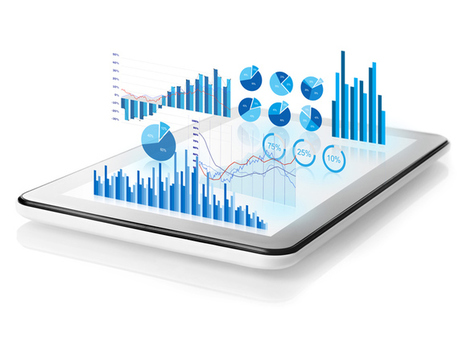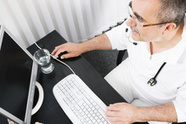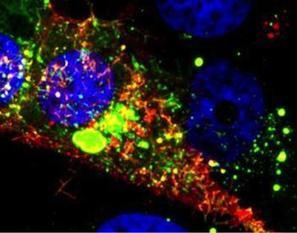In this seventh installment in Healthcare IT News' feature series, Health IT Lessons Learned During the COVID-19 Era, A CIO, a CMIO and two IT directors offer readers what they've discovered since the pandemic response has reshaped health system priorities. They share what they've learned during the past year and discuss how they're applying these lessons to improve their organizations.
The increased importance of data and analytics
Overall, the COVID-19 pandemic has catapulted the importance of data analytics and data in general, For example, the data analytics team at Sanford Health designed an algorithm to sort and pull relevant data from the records of more than 100,000 patients who had been diagnosed with COVID-19, identifying those at highest risk of complications from the virus.
More, more, more patient engagement
For Averill of St. Luke's Regional Healthcare System, the impact of patient engagement using patient portal communication, virtual visits and digital appointment-scheduling provided a big lesson.
They also expanded the amount of clinical information sent in real time to the portal since delivering in-person results wasn't possible.
When telehealth is not up to par
One major lesson Helio Health learned last year was that its telehealth presence was not up to par. On the other hand, the health system also learned that its teams could implement a telehealth presence fairly quickly. They had to pivot quickly to be certain their patients' critical care would not be interrupted by restrictions put in place as a result of COVID-19
Leveraging technology to further strategy
Rollins of Freeman Health System said 2020 was a great year for health IT for many reasons. Many important initiatives were pushed forward and implemented in attempts to react to the ever-changing needs of our customers.
Keeping strategies dynamic
Another lesson Rollins has learned over the past year is that health IT and organizational strategies must leave room to adapt to the environment.
Streamlined and efficient decision-making
On another front, the pandemic has underscored the importance of having a structured mechanism and system in place for streamlined and efficient decision-making,
Standardized processes and equipment
Another lesson Helio Health has learned is the need for standardization of equipment and processes,.
"The vast majority of our computers were desktop PCs," he noted. "With a grant from the FCC, we were able to standardize our outpatient facilities with Microsoft laptops, which allow us to work and provide support from anywhere. Users are able to come and go, from remote work to in-person work, easily. With a recent merger between Helio Health and two other organizations, much of the hardware from the other organizations was dissimilar to Helio Health's standards.
read the details at https://www.healthcareitnews.com/news/it-execs-talk-new-strategies-analytics-patient-engagement-telehealth-and-more



 Your new post is loading...
Your new post is loading...











